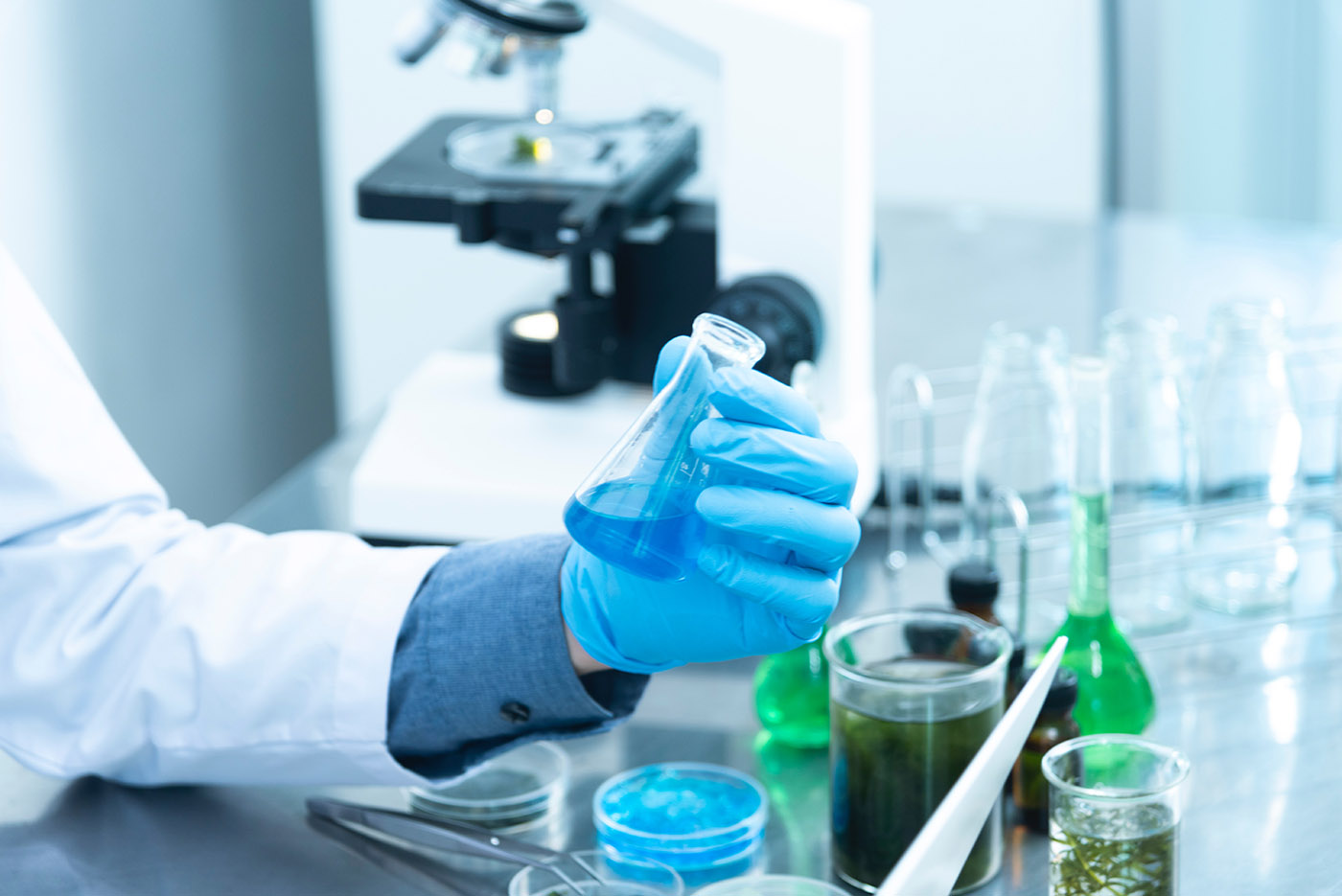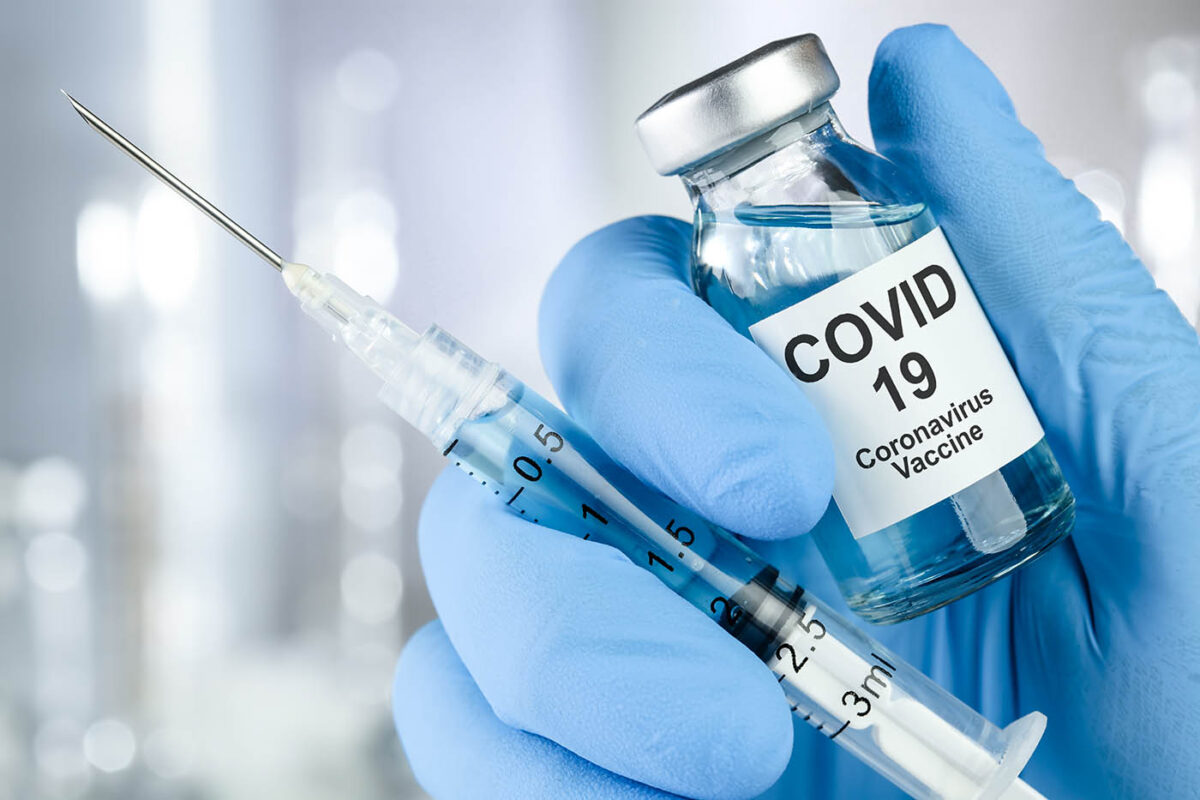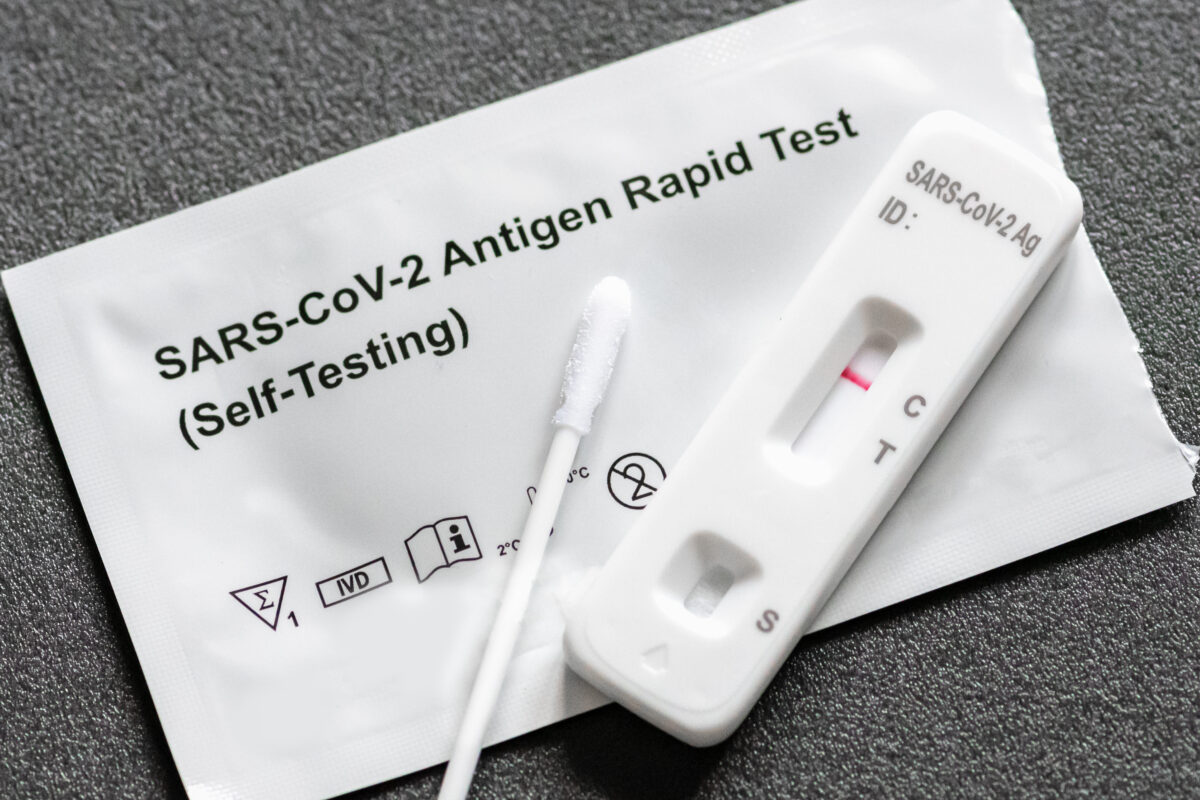
In this installment in our series explaining key terms and phrases used by public health officials in discussions of the COVID-19 pandemic, we review the terms “molecular tests” and “serological tests.”
A molecular test, in the context of COVID-19, is a type of test used to determine whether a person is infected with the illness caused by the new strain of coronavirus. The test involves inserting a swab into a person’s nasal passage to collect a sample. For example, you may have seen the sample collection process reported by the media in coverage of drive-through testing centers. The sample is then sent to a lab for processing. Molecular tests use a process called reverse transcription polymerase chain reaction, or RTPCR, to find genetic material from the virus in a sample to determine if a person has an active infection.
A serological test is used to determine whether a person is currently infected with COVID-19 or has recently recovered from the virus. Unlike swab collection, serological tests require the collection of a person’s blood to determine if they have antibodies to COVID-19. These tests look for two different types of antibodies, with one type of antibody signaling a recent infection and the other type signaling infection up to weeks or even months after a person’s symptoms have subsided. Additionally, some serological tests only identify the presence of antibodies, while other tests identify the amount of each type of antibody present.
We recently published an explainer on COVID-19 testing that goes into greater detail about molecular and serological tests, including recent developments at the federal and state levels along with relevant policy considerations.
See more definitions of terms and other information about the pandemic on our website’s COVID-19 in Arkansas page.






